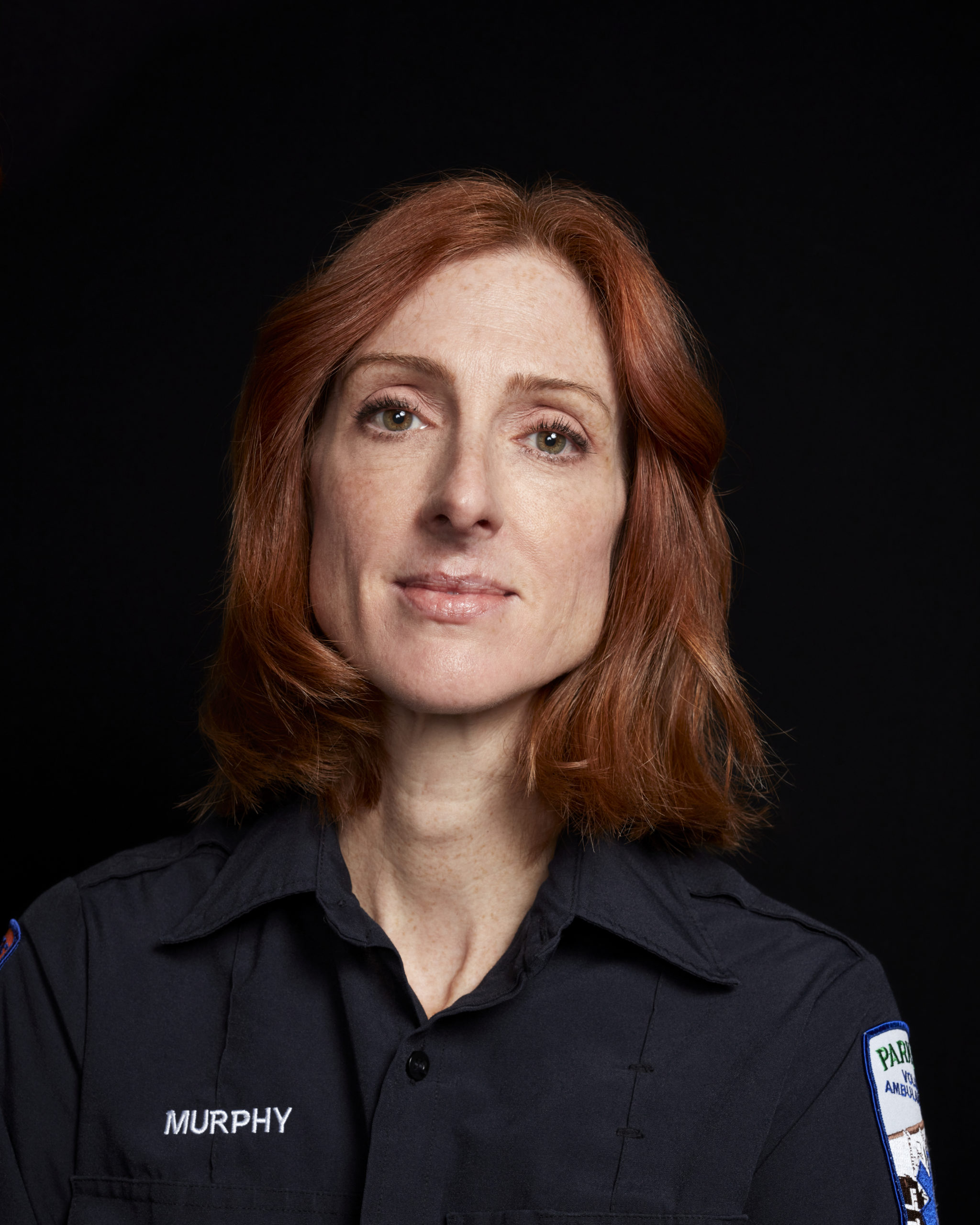Jennifer Murphy’s new book reveals behind-the-scenes stress of front-line workers

When Jennifer Murphy became a volunteer EMT in 2018, she knew she’d come face-to-face with trauma and tragedy, but nothing could have prepared her for the harrowing calls she’d respond to when COVID devastated New York City last March. And while the pandemic finally brought EMTs and paramedics some recognition for their dedication to a stressful and life-threatening job, Murphy realized that the public still barely understood the world of EMS, so she put her story into words with “First Responder: A Memoir of Life, Death, and Love on New York City’s Front Lines,” coming out April 6.
A native Californian, Murphy, 45, “always dreamed of living in New York,” moved to lower Manhattan in the 1990s and earned an MFA from NYU. She always wanted to write fiction, and holds a day job in crisis management and intel.
When soaring rental prices forced her out of Manhattan, she moved first to Fort Greene and more recently to Bedford-Stuyvesant. While she loves the neighborhood, she admits she was wary about contributing to the area’s gentrification. “I feel at home here, but it is complicated,” Murphy said. “I didn’t want to move into a home that a Black family had inhabited and kick them out.”

Brooklyn Boro
View MoreNew York City’s most populous borough, Brooklyn, is home to nearly 2.6 million residents. If Brooklyn were an independent city it would be the fourth largest city in the United States. While Brooklyn has become the epitome of ‘cool and hip’ in recent years, for those that were born here, raised families here and improved communities over the years, Brooklyn has never been ‘uncool’.